How to Improve Long-Term Soil Health on Your Farm
Farmbrite
AUGUST 23, 2023
Healthy soil can mean increased yields (and profits) as well as fewer inputs like fertilizer or pesticides. Regardless of the approach, implementing crop rotation is crucial for maintaining soil fertility, minimizing pest and disease issues, and ensuring sustainable agriculture practices. What are the benefits of healthy soil?

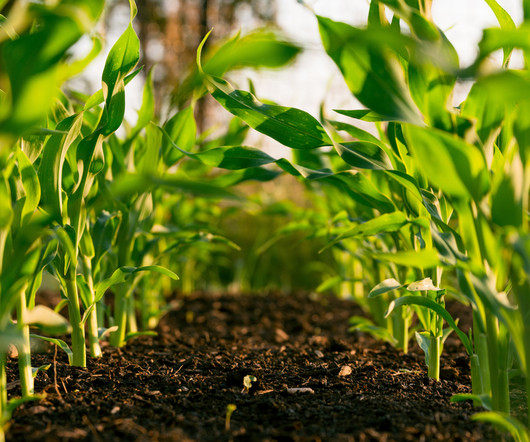

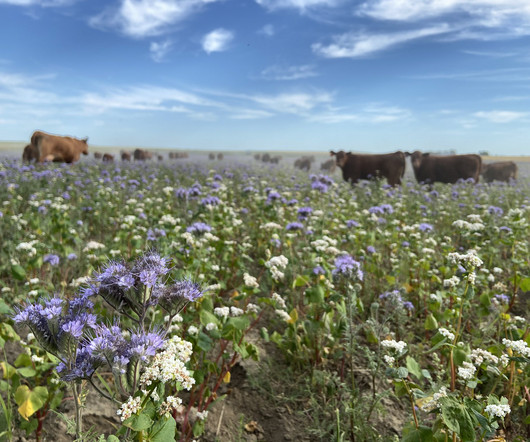
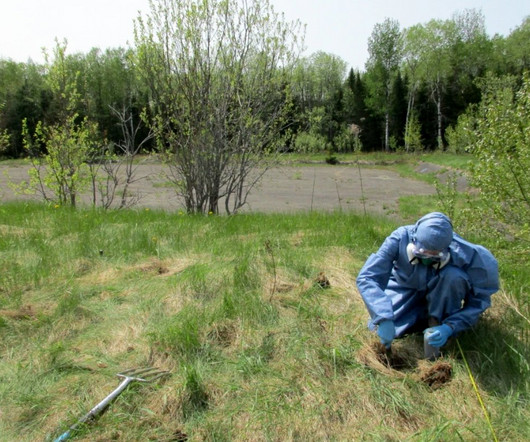
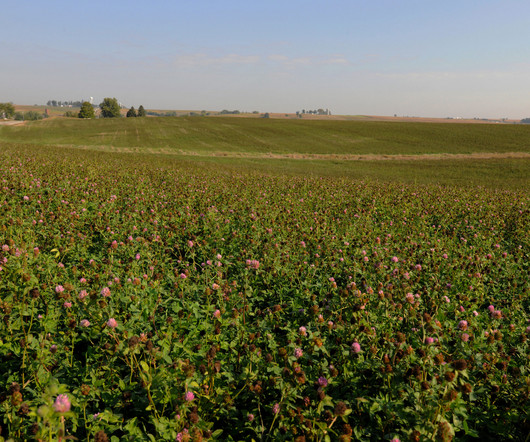
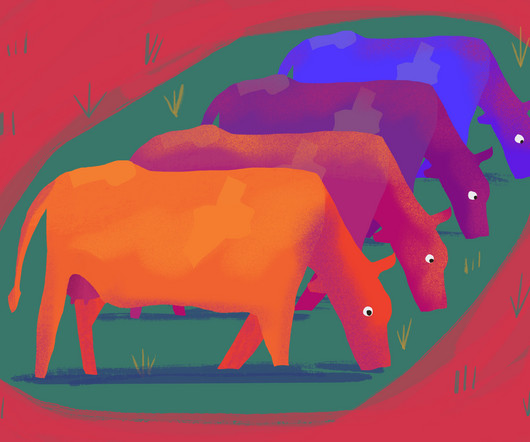

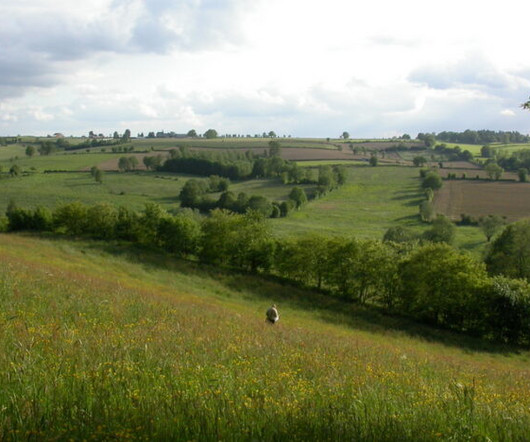

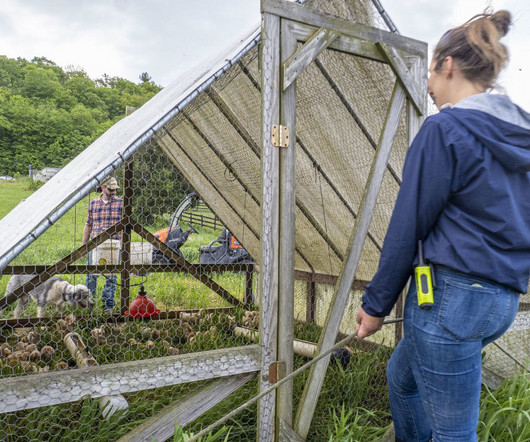






Let's personalize your content